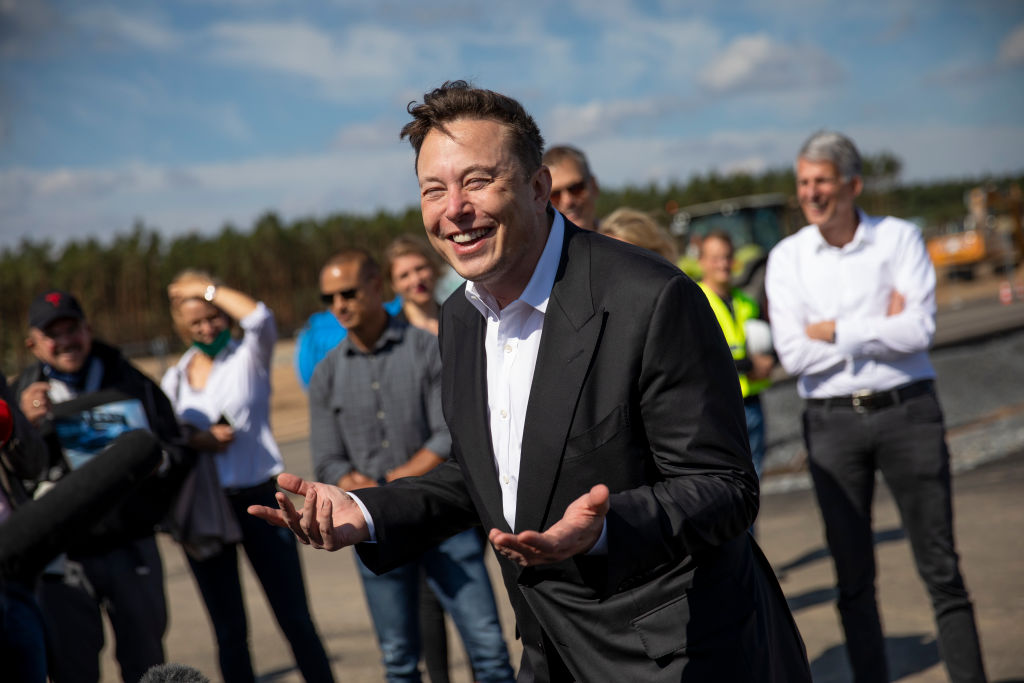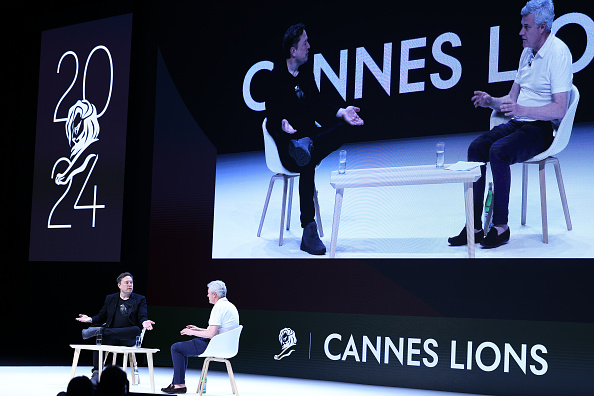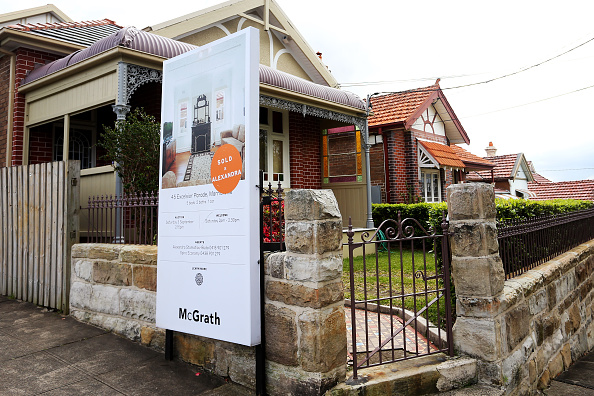Tesla Vehicle Deliveries Tumble After China Factory Shutdown
A string of record quarterly deliveries came to an end in the second quarter, when Tesla handed over 254,695 vehicles to customers.
Tesla Inc. vehicle deliveries fell quarter-over-quarter for the first time in more than two years, reflecting an extended shutdown in China, supply-chain disruptions and challenges associated with opening two new factories.
Elon Musk’s electric-vehicle maker said Saturday that it had delivered 254,695 vehicles to customers in the three months ended in June, down from 310,048 in the prior quarter. Deliveries were up roughly 27% from last year’s second quarter, when Tesla handed over 201,304 vehicles.
Analysts surveyed by FactSet forecast that Tesla would deliver around 264,000 vehicles in the second quarter. Many analysts in recent weeks had lowered their expectations after the company had to temporarily shut down its largest factory, in Shanghai, because of local Covid-19 restrictions. Tesla also has had trouble getting its new factories in Germany and Texas up to speed, Mr. Musk has said, calling the plants “gigantic money furnaces.”
The company produced 258,580 vehicles in the second quarter, down from 305,407 in the first quarter and up from 206,421 in last year’s second quarter. “June 2022 was the highest vehicle-production month in Tesla’s history,” the company said.
As recently as April, Mr. Musk had been sanguine about Tesla’s outlook, saying the company likely would produce more than 1.5 million vehicles in 2022, up some 60% over last year. Wall Street now believes Tesla could struggle to hit 1.4 million.
The decline in deliveries, which include cars that Tesla has sold or leased out, is poised to weigh on the company’s second-quarter earnings, scheduled for July 20. Analysts expect Tesla in a few weeks to report roughly $2 billion in quarterly profit, up from around $1.1 billion during the year-earlier period but down from its US$3.3 billion record in the first quarter.
The auto maker’s bottom line is likely to be dented by a roughly $475 million bitcoin-related impairment, according to Credit Suisse. Tesla bought $1.5 billion worth of bitcoin in early 2021, when the cryptocurrency was trading above $28,000. The price of bitcoin fell below $17,700 in mid-June, according to CoinDesk. The company’s disclosed accounting methodology factors in the lowest market price of bitcoin since the asset was acquired.
Tesla shares lost more than a third of their value in the first six months of 2022. On April 26, the stock dropped more than 12%, its biggest one-day retreat in more than a year after Twitter Inc. accepted Mr. Musk’s $44 billion bid to take over the social-media company. Mr. Musk initially said he would rely on a bank loan backed by some of his Tesla shares to finance the deal. The following month, he adjusted his financing plan to include more equity instead.
Mr. Musk himself recently took a notedly multiday pause from posting on Twitter, where he often opines on Tesla and other matters. He returned to posting on the platform Friday.
Tesla delivered roughly 238,533 Model 3 sedans and Model Y compact sport-utility vehicles combined during the second quarter, up from 199,409 of those models a year earlier. It delivered 16,162 of its higher-end models—Model S sedans and Model X sport-utility vehicles—up from 1,895 during last year’s second quarter.
The company, like many rivals, has been increasing prices for its cars as it faces higher supply costs. U.S. customers who ordered the long-range version of Tesla’s Model Y compact sport-utility vehicle in late June could expect to pay roughly $68,000, or around $14,000 more than they would have if they ordered the model a year earlier, according to Bernstein Research.
Though consumer demand has held strong—buyers often face monthslong waits for new Teslas—Mr. Musk has expressed growing concern about the global economy. Tesla has let go hundreds of employees in recent weeks, part of cuts that Mr. Musk has indicated could touch 10% of the company’s salaried workforce.
The company, he said in an email to employees last month, had “become overstaffed in many areas.” He has since delivered mixed messages about how those cuts would affect Tesla’s overall staffing level. Tesla is also dealing with other labor issues, including a new lawsuit filed Thursday in California state court by current and former employees alleging racial harassment and discrimination. The company didn’t respond to a request for comment about the case.
Supply-chain disruptions and their ripple effects have caused many auto makers to operate less efficiently, according to consulting firm AlixPartners LLP. As of the fourth quarter, auto makers in the U.S. employed 29 people for every thousand vehicles they produced in 2021, up around 31% from a year earlier, the firm said.
For all of its recent disruptions, Tesla is likely to be the only major auto maker to increase U.S. sales in the first half of the year, from a year earlier, according to research firm Cox Automotive. Overall, sales of new vehicles in the U.S. during the first six months of 2022 were expected to have fallen about 17% from a year earlier, the firm said.
General Motors Co. said Friday that it built about 95,000 vehicles without certain parts and had to set the cars aside instead of shipping them to dealers. Its U.S. sales for the first half of the year were down nearly 18%.
Tesla’s in-house software engineering expertise made it more adept than many rivals at adjusting to a global shortfall of semiconductors. That know-how, paired with battery expertise, is likely to benefit the company as a global shift toward electric vehicles strains supply chains, UBS analysts said in a recent note.
“Tesla’s supply chain is structurally superior vs. peers in the mission-critical areas of semiconductors, battery cells and battery raw materials,” the analysts wrote last month. “Tesla is likely to keep all competitors at a stable or even growing distance in terms of absolute growth and profitability.”
This stylish family home combines a classic palette and finishes with a flexible floorplan
Just 55 minutes from Sydney, make this your creative getaway located in the majestic Hawkesbury region.
Continued stagflation and cost of living pressures are causing couples to think twice about starting a family, new data has revealed, with long term impacts expected
Australia is in the midst of a ‘baby recession’ with preliminary estimates showing the number of births in 2023 fell by more than four percent to the lowest level since 2006, according to KPMG. The consultancy firm says this reflects the impact of cost-of-living pressures on the feasibility of younger Australians starting a family.
KPMG estimates that 289,100 babies were born in 2023. This compares to 300,684 babies in 2022 and 309,996 in 2021, according to the Australian Bureau of Statistics (ABS). KPMG urban economist Terry Rawnsley said weak economic growth often leads to a reduced number of births. In 2023, ABS data shows gross domestic product (GDP) fell to 1.5 percent. Despite the population growing by 2.5 percent in 2023, GDP on a per capita basis went into negative territory, down one percent over the 12 months.
“Birth rates provide insight into long-term population growth as well as the current confidence of Australian families,” said Mr Rawnsley. “We haven’t seen such a sharp drop in births in Australia since the period of economic stagflation in the 1970s, which coincided with the initial widespread adoption of the contraceptive pill.”
Mr Rawnsley said many Australian couples delayed starting a family while the pandemic played out in 2020. The number of births fell from 305,832 in 2019 to 294,369 in 2020. Then in 2021, strong employment and vast amounts of stimulus money, along with high household savings due to lockdowns, gave couples better financial means to have a baby. This led to a rebound in births.
However, the re-opening of the global economy in 2022 led to soaring inflation. By the start of 2023, the Australian consumer price index (CPI) had risen to its highest level since 1990 at 7.8 percent per annum. By that stage, the Reserve Bank had already commenced an aggressive rate-hiking strategy to fight inflation and had raised the cash rate every month between May and December 2022.
Five more rate hikes during 2023 put further pressure on couples with mortgages and put the brakes on family formation. “This combination of the pandemic and rapid economic changes explains the spike and subsequent sharp decline in birth rates we have observed over the past four years,” Mr Rawnsley said.
The impact of high costs of living on couples’ decision to have a baby is highlighted in births data for the capital cities. KPMG estimates there were 60,860 births in Sydney in 2023, down 8.6 percent from 2019. There were 56,270 births in Melbourne, down 7.3 percent. In Perth, there were 25,020 births, down 6 percent, while in Brisbane there were 30,250 births, down 4.3 percent. Canberra was the only capital city where there was no fall in the number of births in 2023 compared to 2019.
“CPI growth in Canberra has been slightly subdued compared to that in other major cities, and the economic outlook has remained strong,” Mr Rawnsley said. “This means families have not been hurting as much as those in other capital cities, and in turn, we’ve seen a stabilisation of births in the ACT.”
This stylish family home combines a classic palette and finishes with a flexible floorplan
Just 55 minutes from Sydney, make this your creative getaway located in the majestic Hawkesbury region.


















